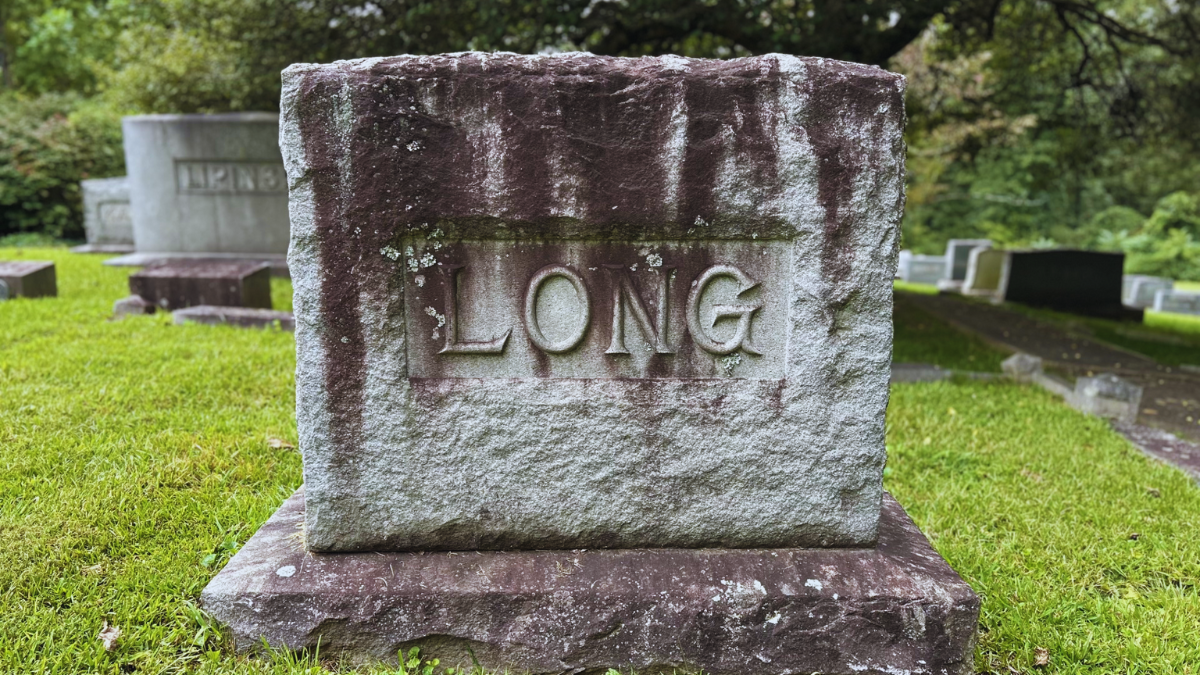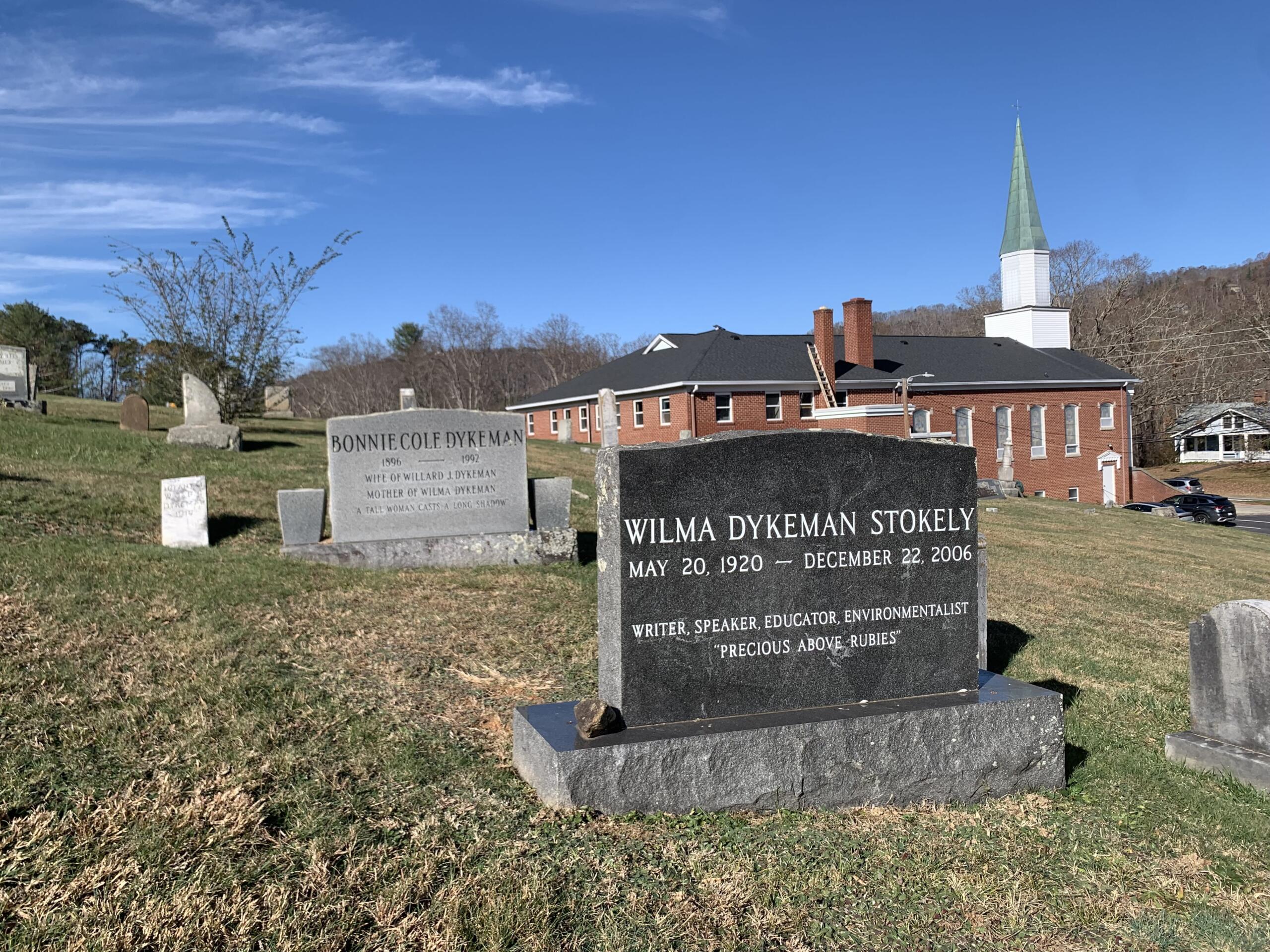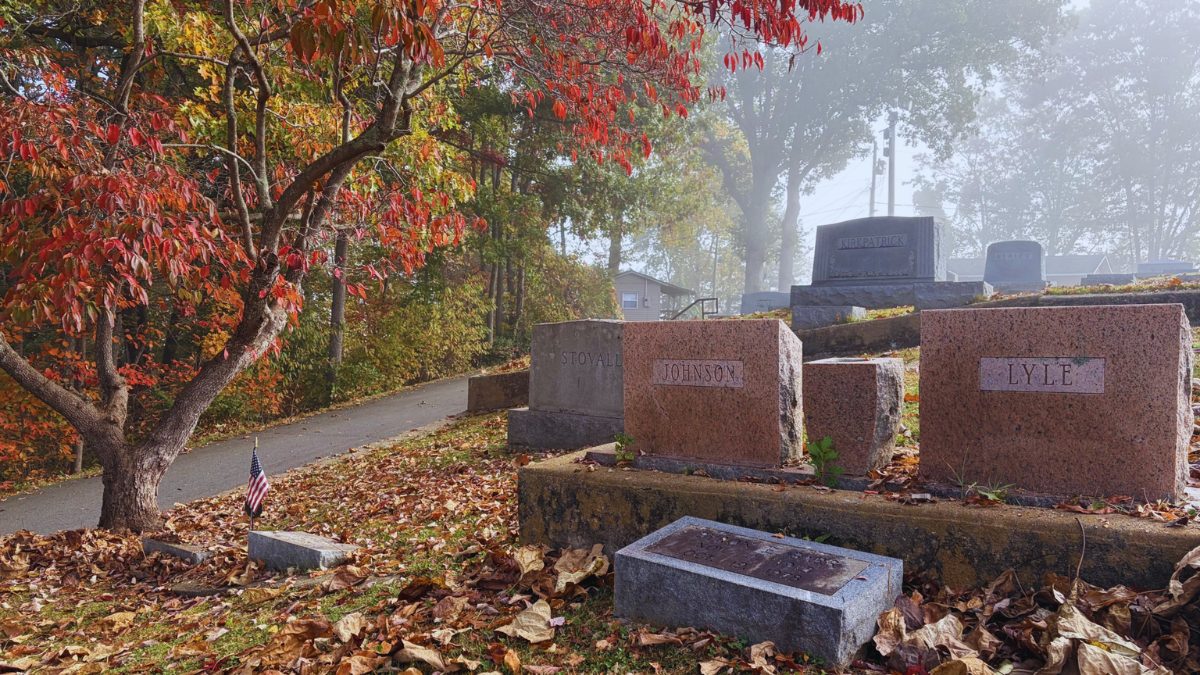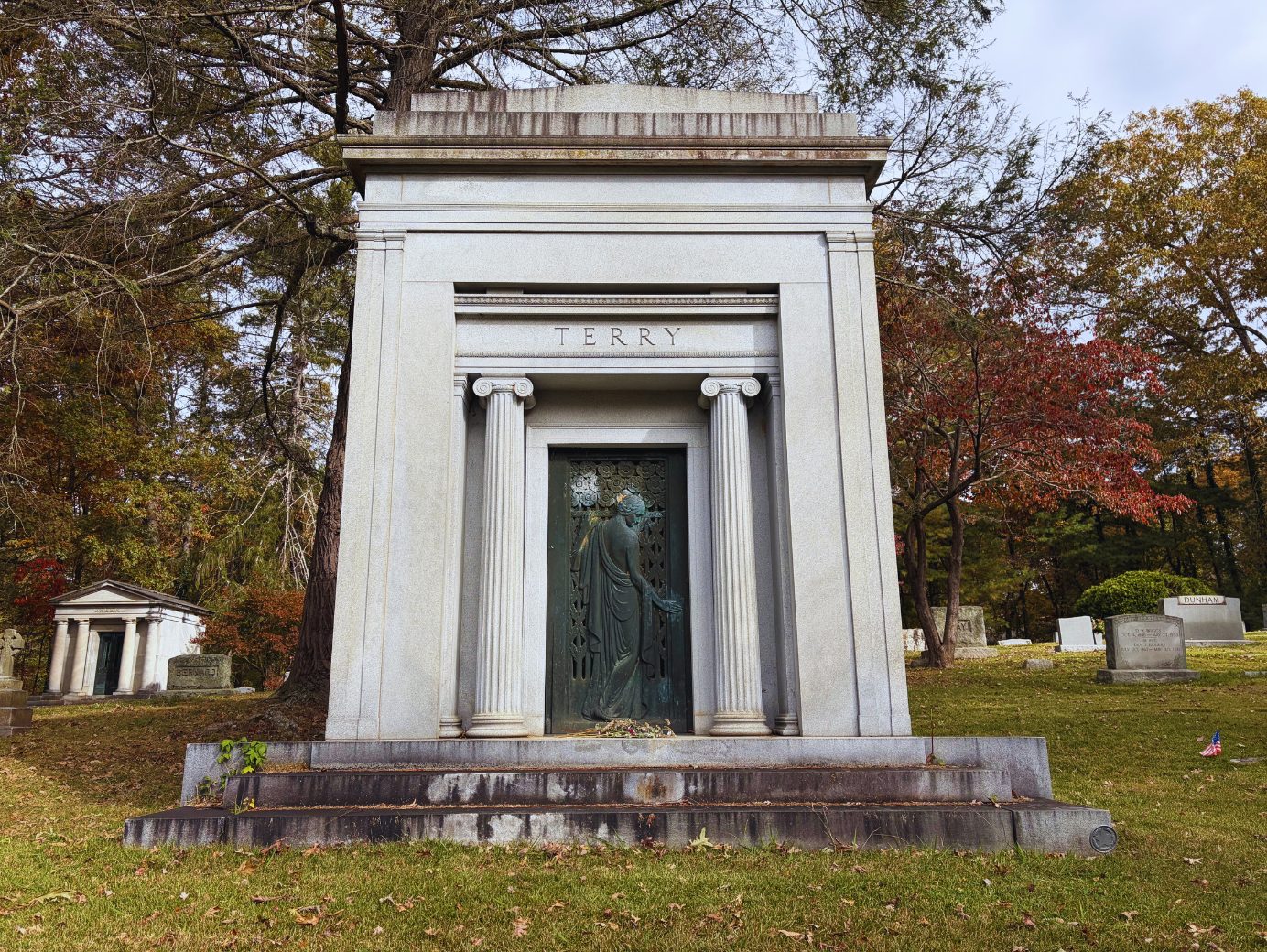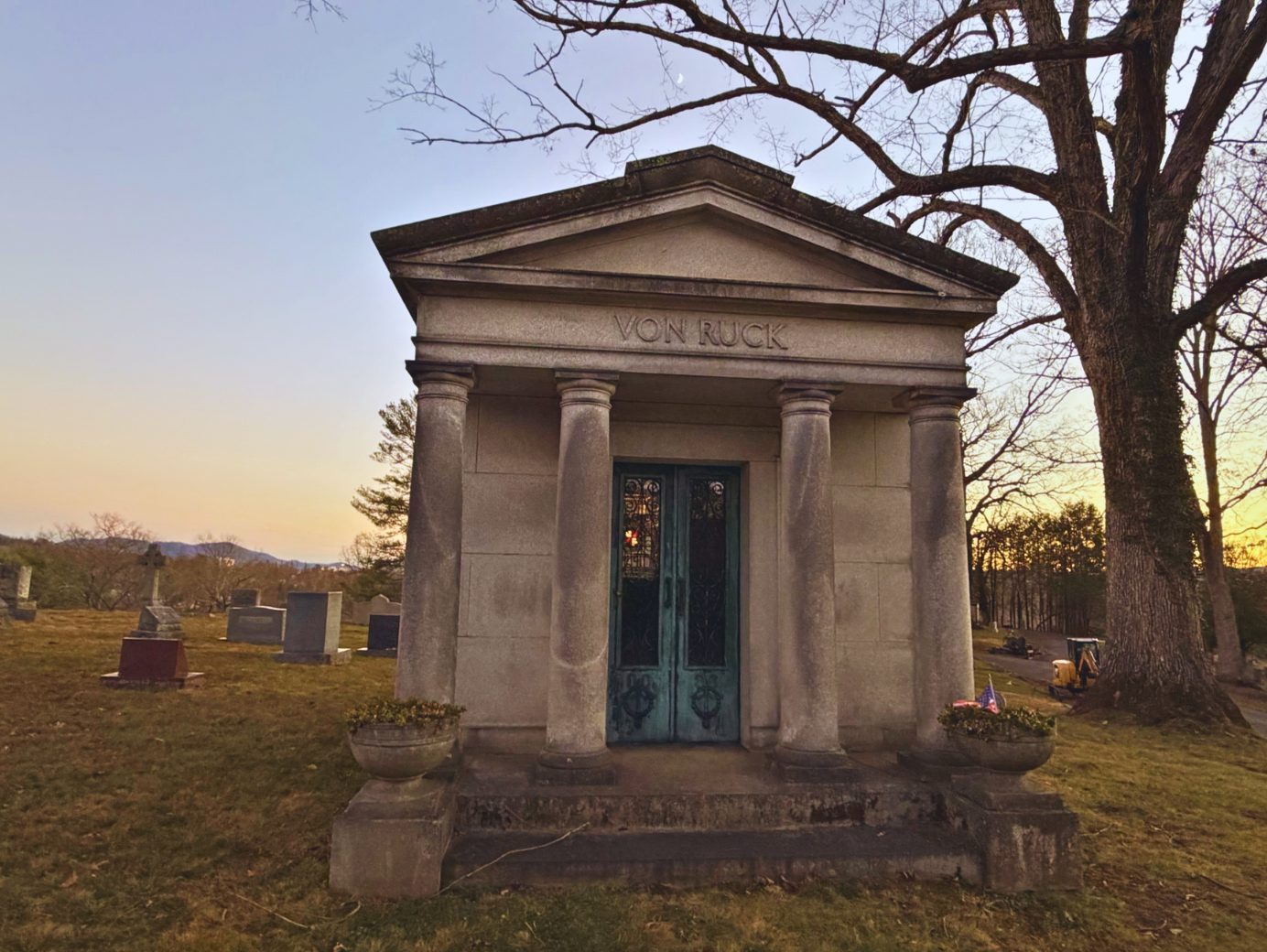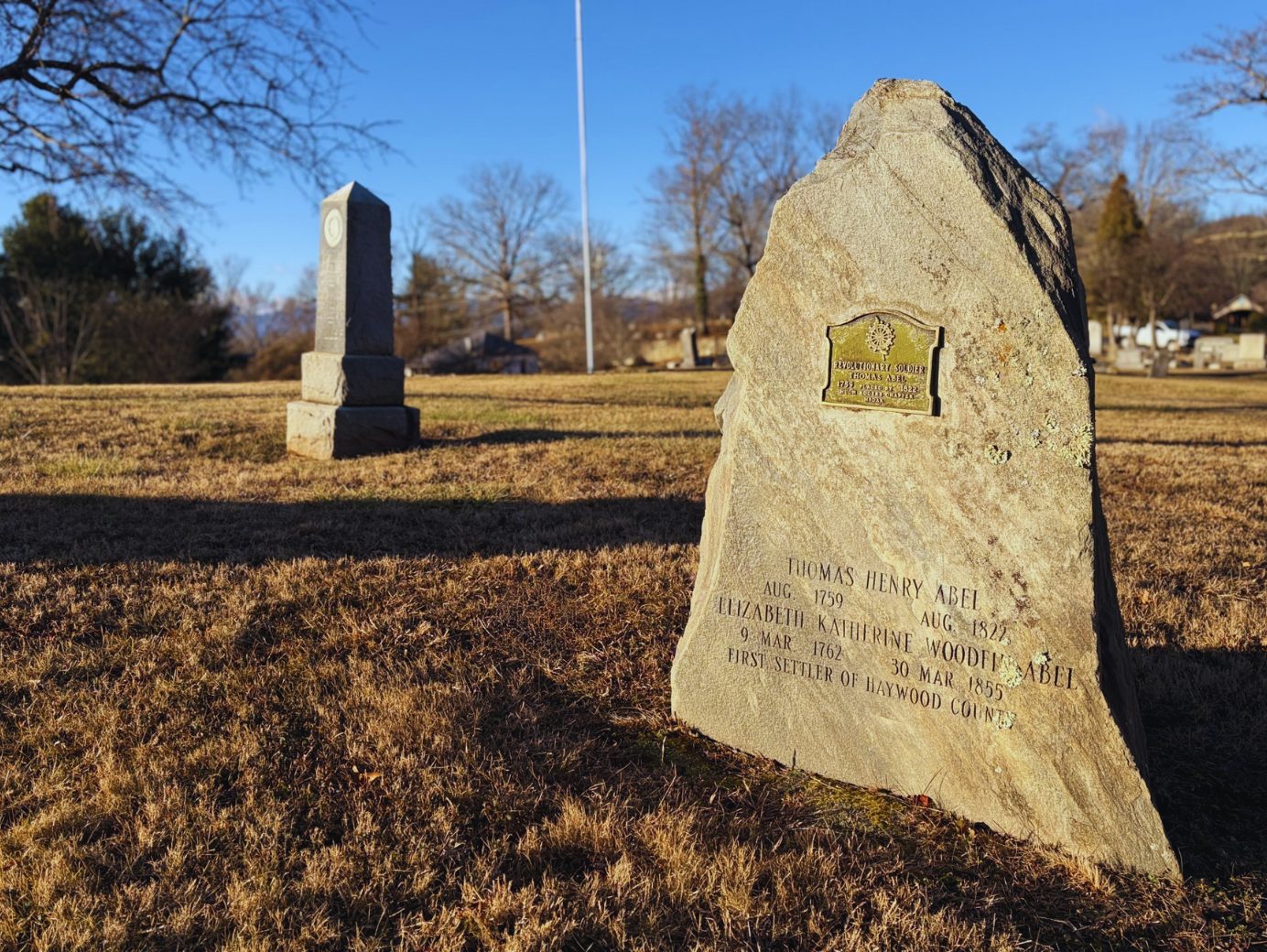Editor’s Note: Western North Carolina is rich with untold stories—many resting quietly in local cemeteries. In this Tombstone Tales series, we explore the lives of people from our region’s past whose legacies, whether widely known or nearly forgotten, helped shape the place we call home.
ASHEVILLE, N.C. — In the Beth Ha-Tephila section inside Riverside Cemetery, a quiet stone marks the grave of Carrie Cone Long, a woman whose life tied Asheville’s Jewish community to one of North Carolina’s most influential business families. Long’s marker stands among generations who built the congregation and the city around it.
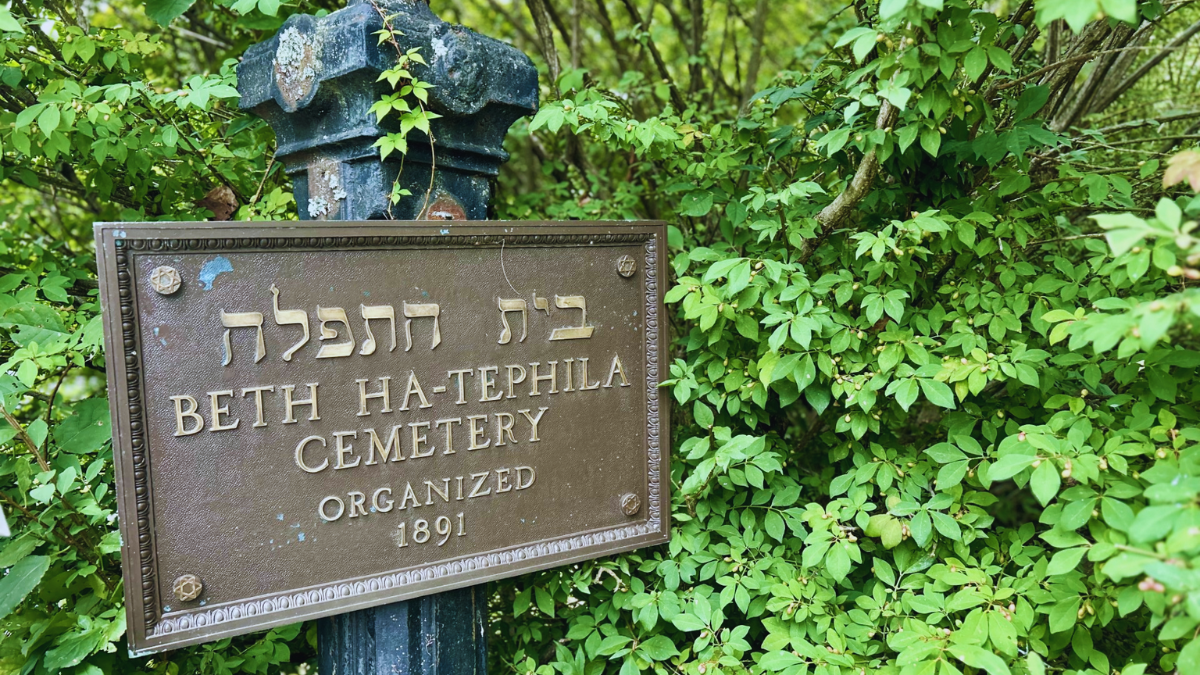
Long was born Caroline “Carrie” Cone in Jonesborough, Tennessee, and was a daughter of Herman Cone and Helen Guggenheimer Cone. She was sister to Moses and Ceasar Cone, the textile industrialists whose mills reshaped Greensboro and the wider region.
In 1884, Carrie married Moses David Long, a businessman who would later become an officer of Asheville Cotton Mills. The couple settled in Asheville by the late 1880s.
Business tied the families as closely as marriage did. Local histories show Moses Long running a downtown store before joining Asheville Cotton Mills as secretary-treasurer. The mill and surrounding neighborhood drew managers, workers and merchants who formed a community that reached from factory floors to synagogue pews.
Faith anchored Long’s civic life. Scholarship on southern Jewish history records that Carrie Cone Long and her husband were charter members of Congregation Beth Ha-Tephila, and that she served as president of the North Carolina Association of Jewish Women.
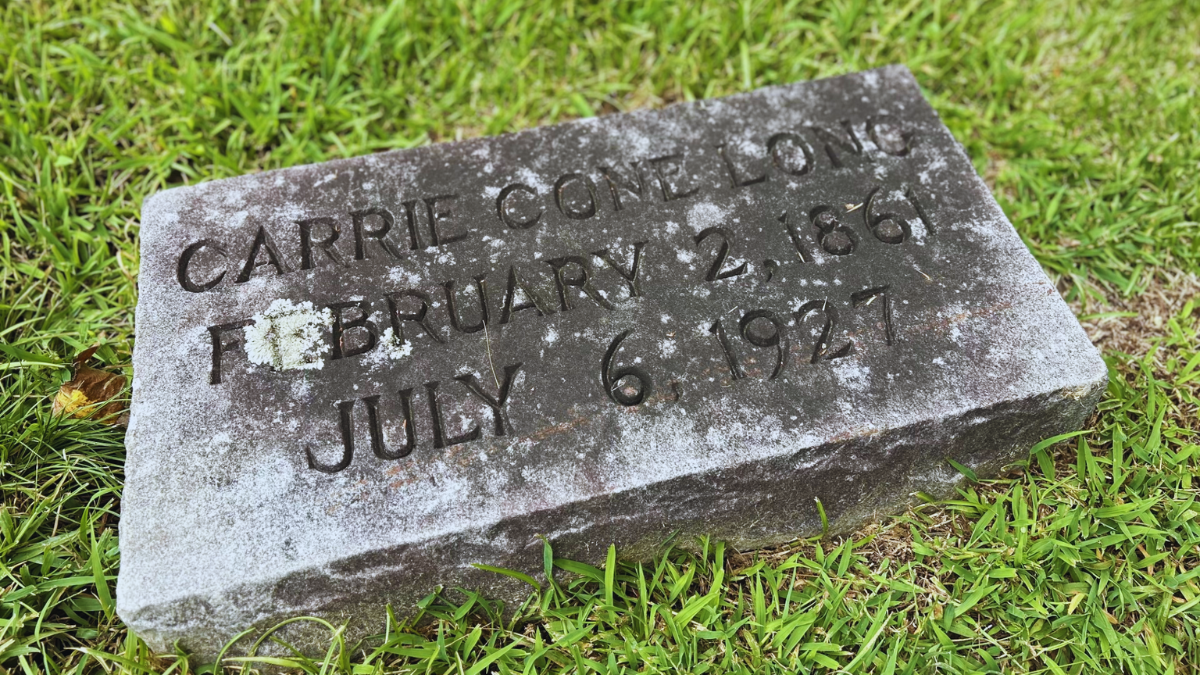
Carrie’s life reads like a series of steady choices. She married, raised children, kept a household that hosted Cone kin traveling the mountain corridor, supported a congregation from its early years, and took on statewide service through Jewish women’s leadership.
The Beth Ha-Tephila section of Riverside Cemetery includes a plaque honoring Carrie Cone Long as a woman active in the suffrage movement, a role that placed her at the forefront of change well beyond Asheville’s Jewish community. Her grave marks not only a family connection to the Cone textile empire but also her own legacy as a civic leader who championed women’s voices in public life.

